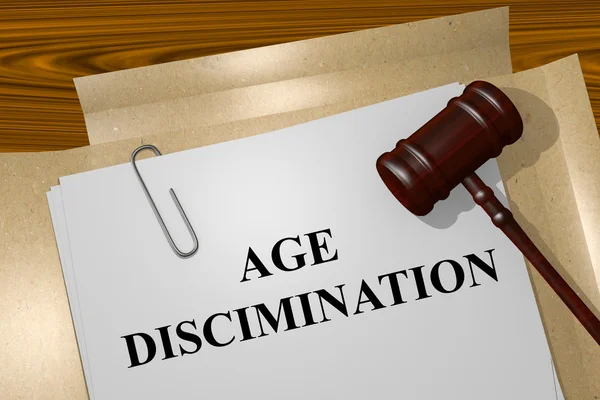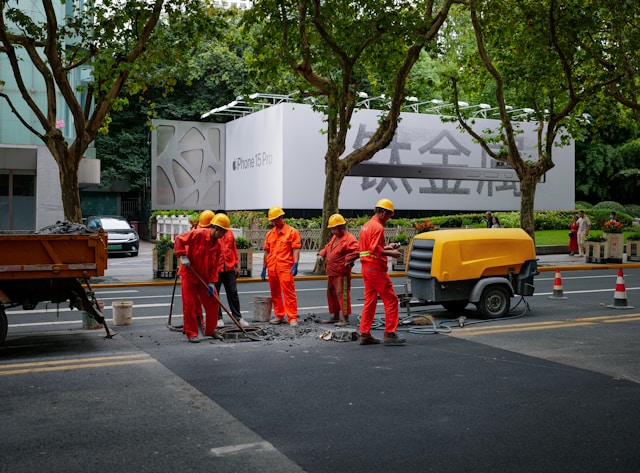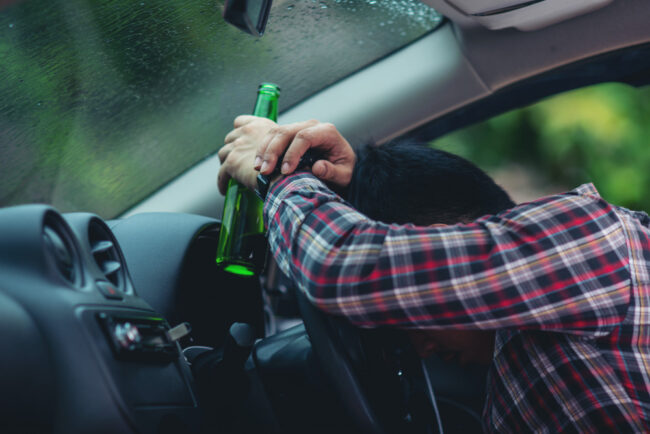In California, as in many states, the consequences of alcohol-related incidents can be devastating. However, California’s “dram shop laws” — laws that hold alcohol sellers or “dram shops” responsible for harm caused by drunk patrons — are more limited than in some other jurisdictions. Understanding these laws is crucial for those involved in alcohol-related accidents or incidents, not only for victims but also for establishments that serve alcohol.
Contents
California Dram Shop Law at a Glance
Unlike some states, California’s dram shop laws (found in California Business and Professions Code Section 25602) do not generally allow for an alcohol vendor or provider to be held liable for the actions of an intoxicated patron, with a few notable exceptions. Historically, these laws aim to balance the responsibility between alcohol vendors and individual consumers.
Limitation of Liability for Alcohol Providers
In California, the liability of bars, restaurants, and other establishments that serve alcohol is quite limited. Under the current law, the act of serving alcohol is not considered the proximate cause of injuries inflicted by the intoxicated person. This means that the responsibility for damages typically falls on the individual who consumed the alcohol, not the business that provided it.
However, there are important exceptions to this rule. For example, if an establishment serves alcohol to a minor who then causes injuries to another person, the business may be held liable for those injuries. Particularly in cases where the minor’s intoxication was a known factor, the alcohol provider could face legal consequences.
Additionally, under Civil Code Section 1714, social hosts who provide alcohol at parties or social gatherings are generally not held liable for alcohol-related injuries, unless, again, the alcohol is provided to a minor.
The Specifics: Liability When Serving to Minors
One sticking point in California’s dram shop laws revolves around the provision of alcohol to those under the legal drinking age of 21. Businesses or individuals who negligently serve alcoholic beverages to a minor may indeed be held responsible for resultant harm.
This dovetails with the legal concept of negligence — a provider knows, or should know, that serving alcohol to a minor is an illegal act. It acknowledges the public policy concern around underage drinking and its potential for causing harm, while placing a heavier burden of responsibility on providers to act lawfully and prudently.
For instance, if a bar serves alcohol to a clearly underage individual without asking for identification, and that individual later causes injury or property damage as a result of being intoxicated, the provider can face civil liability under California law.
Practical Implications for Establishments Serving Alcohol
What does this mean for businesses in California that serve alcoholic beverages? Essentially, this necessitates rigorous policies and training regarding the service of alcohol, especially concerning age verification. While establishments are generally shielded from responsibility related to intoxicated adult patrons, they must exercise due diligence to prevent serving minors.
This responsibility extends beyond simply checking IDs; establishments should also train staff to recognize fake IDs and signs of underage drinking, and potentially face dramatically increased risks if they are found to regularly serve alcohol to minors or clearly intoxicated individuals.
Understanding Legal Recourse for Victims
If you are injured by an intoxicated person and seeking compensation for damages, then you must understand the full scope of California’s dram shop laws. While these laws can often limit the direct liability of the establishment that served the alcohol, other routes to compensation may exist—such as from the intoxicated person’s insurance policies. However, if the person responsible is underage and was wrongfully served alcohol, the establishment’s liability could come into play.
The Importance of Legal Assistance
Navigating California’s dram shop laws can be complex. If you are an establishment serving alcohol, it’s prudent to seek legal counsel to ensure compliance with all pertinent regulations and safeguard against liability. Alternatively, if you are a victim of an alcohol-related offense and believe there’s a foundation for dram shop liability—particularly concerning underage drinking—consulting with an attorney experienced in personal injury and dram shop laws is imperative.
While California’s dram shop laws differ from those in some other states and generally favor the alcohol vendors in terms of liability, accountability measures exist, especially relating to underage drinking. Understanding and adhering to these laws is essential for individuals and businesses alike. When incidents occur, legal guidance is paramount to interpreting and applying these laws to ensure justice and responsibility.




